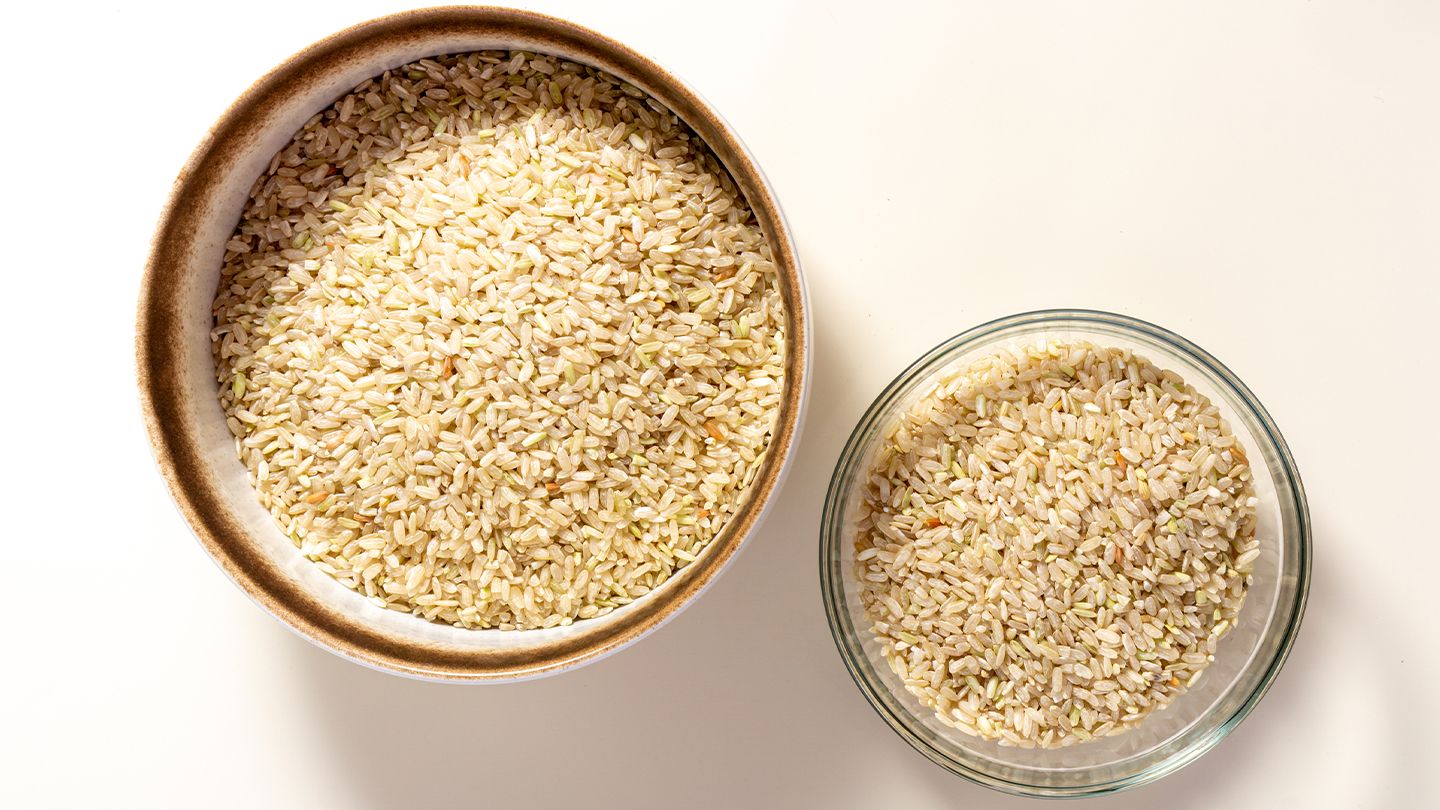Using Honey to Enhance Fasting Benefits
Fasting has become an increasingly popular health and wellness practice, providing benefits like improved blood sugar control, heart health, brain function and more. But is consuming honey during your fasting periods recommended? Let's explore how adding honey can enhance your fast.
An Overview of Fasting
Fasting simply means going an extended period without food, drink or both. Common fasting approaches include:
- Water fasts - Consuming only water for 12-72 hours
- Juice fasts - Drinking vegetable and fruit juices for 1-5 days
- Intermittent fasts - Alternating eating and fasting windows throughout the week
- Time-restricted eating - Condensing daily food intake into 4-8 hour periods
Research shows fasting can stabilize blood glucose, lower insulin levels, reduce inflammation and even protect brain function as we age. But is it safe or beneficial to consume honey during a fast?
The Role of Honey in Fasting
Pure honey makes a controversial addition to fasts. On one hand, its high sugar content seems to go against restricting calories or carbs. But honey also offers unique nutrients and compounds that can regulate blood sugar levels.
During fasting periods, honey provides a range of benefits:
- Maintains liver glycogen and blood sugar levels
- Wards off feelings of low energy or hypoglycemia
- Suppresses the hunger hormone ghrelin
- Provides key nutrients like amino acids and antioxidants
Let's explore why honey can make the fasting experience safer and more pleasant.
Honey Stabilizes Blood Sugar Levels
Despite being very sweet, honey has a low glycemic index (GI). The GI ranks foods on how rapidly they impact your blood sugar - high GI foods cause rapid spikes, while low GI foods produce gradual rises.
Honey's low GI prevents energy crashes, limiting side effects traditionally associated with fasting like fatigue, irritability, anxiety and trouble concentrating.
It Boosts Liver Glycogen
Your liver maintains reserves of a stored carbohydrate called glycogen. When blood sugar drops, glycogen converts back to glucose and releases it into the bloodstream for cells to use as fuel.
Eating honey during a fast helps ensure your liver keeps adequate glycogen stores. This protects metabolic functions and prevents declines in energy.
Honey May Suppress Appetite
Feelings of intense hunger can make fasting challenging. Animal research indicates honey can influence levels of ghrelin, the "hunger hormone" responsible for triggering appetite.
Suppressing ghrelin provides appetite control during fasting windows, enabling you to better make it until your next meal.
Nutrients to Fuel Your Body and Brain
When fasting, you need less energy and fewer nutrients. But adequate vitamins, minerals and other compounds remain essential to support basic functioning.
Just 1-2 teaspoons of honey during fasting periods provides diverse nutrients like magnesium, potassium, selenium and vitamin B-6, as well as protective antioxidants.
Types of Honey to Use While Fasting
With so many varieties available today, which honeys make the best additions for fasts? Let's compare some top options:
Raw Honey
Raw honey comes straight from the hive, unheated and unpasteurized. It contains beneficial enzymes, antioxidants like polyphenols, amino acids like proline and glycine, and antimicrobial compounds that standard honeys lack.
Using raw honey while fasting better retains its nutritional profile. It also has higher anti-inflammatory properties to mitigate fasting's effects on digestion and immunity.
Manuka Honey
Manuka honey, made from the nectar of New Zealand's native manuka bush, carries an unusually potent antibacterial effect. Its major compound methylglyoxal (MGO) helps treat wounds and gastral issues.
Thanks to these anti-inflammatory effects, Manuka honey makes the perfect addition for fasting when digestive troubles can occur.
Local Honey
Sourcing honey from local apiaries provides uniquely regional pollen profiles. Bees produce honey from plants specific to your geography and climate.
Localized honey not only supports small-scale farmers - it can help combat seasonal allergies. Consuming local honey introduces you to localized pollen to potentially lessen immune reactions.
How Much Honey to Use While Fasting
Wondering exactly how much honey to consume? As a natural, low-glycemic sweetener, honey makes an appropriate addition during periodic fasting in these suggested serving sizes:
1-2 Teaspoons Honey
One or two teaspoons total, split into multiple smaller servings throughout your fasting period, allows honey's benefits without spiking blood sugar.
Up to 2 Tablespoons Honey
For longer fasts of 24+ hours, aim for under two tablespoons total. This adequately fuels liver glycogen and provides micronutrients when calorie restriction is higher.
Added to Tea or Water
Stir honey into hot tea or add to room temperature or warm water for an easier-to-digest beverage than drinking honey straight.
Dilution helps slow absorption into bloodstream while improving palatability and hydration.
Tips for Incorporating Honey While Fasting
Here are some easy tips for safely integrating some honey into your next fasting period:
Stick to Whole Food Fast
Focus your fast on whole foods like fruits, veggies, nuts and seeds. Avoid heavily processed foods, even if "diet" labeled. The more real food you eat, the better your results.
Track Fasting Windows
Download one of many fasting tracker apps. Maintain consistency with your chosen fasting periods for better metabolic adaptation over time.
Break Fast Gradually
Ease out of fasting slowly with smaller meals of veggies, nuts and proteins. Avoid suddenly overloading your system after an extended fast.
Listen to Your Body
Stay alert to signs of low blood sugar like dizziness, weakness or nausea and have honey available to stabilize glucose levels.
The Takeaway
Adding small amounts of raw, unprocessed honey during fasting windows provides energy, nutrients and blood sugar control to support the safety and efficacy of your fasts. Experiment to find the fasting protocols and honey servings that work for your needs.
FAQs
Is honey allowed on fasts and cleanses?
Yes, raw honey can be safely consumed during many types of fasts thanks to its nutrients and ability to regulate blood sugar. Have 1-2 tsps total split throughout the fasting period.
Does honey break a fast?
Technically yes, as honey does have calories. But since it helps control hunger and blood sugar dips, a small amount of honey makes fasting more sustainable and can enhance outcomes.
What's the best honey to use while fasting?
Raw, unfiltered honey like Manuka retains the most nutrients and enzymes for fasting. Local honey also provides immune and allergy benefits. Dilute honey in tea or warm water.
When should I consume honey during a fast?
Have a teaspoon of honey if you feel hunger pangs, fatigue, anxiety, sweating or weakness during your fast. These are signs of a blood sugar crash honey helps stabilize.
Can I put honey in my morning black coffee if fasting?
A teaspoon of honey in black coffee is fine when fasting as long as you don't add cream or sugar. Honey makes coffee less acidic and provides some calories and sweetness for an energy boost.
Disclaimer: This article is for informational purposes only and does not constitute medical advice. Always consult with a healthcare professional before starting any new treatment regimen.
Related Coverage
Eat keto fast food by customizing orders at chains like McDonald's, Wendy's, Burger King, Taco Bell, Subway. Get tips for low-carb burgers, chicken, salads, drinks....
Learn why stars like Halle Berry and LeBron James follow keto diets and take exogenous ketone supplements like Keto Life Gummies for accelerated weight loss, performance benefits, and mental clarity....
Cherry tomatoes can be part of a keto diet in moderation. With 4g net carbs per serving, enjoy them on salads, skewers, avocado toast. See other low-carb tomato options and recipe ideas....
Online therapy provides unique benefits for survivors struggling with childhood trauma memories including anonymity, accessibility, cost savings, and expanded treatment options....
With high-carb acorn and butternut off the keto menu, learn which low-carb squash types fit into a ketogenic diet, from zucchini and spaghetti to yellow squash and calabaza....
A tbsp of avocado oil contains 120 calories. Its high smoke point and heart healthy fats make it a good choice for sautéing and baking. But measure servings carefully....
Discover unique and underappreciated fruits that begin with U like ugli fruit, ugni, umbu, and uvilla. These exotic fruits offer great flavor along with vitamin C, fiber, potassium, and antioxidants....
Enjoy the benefits of yogurt on keto with these tips for low-carb yogurt smoothies and drinks. Get recipes for satisfying protein, probiotic-rich shakes....
Prevent keto flu, cramps, fatigue, and heart issues by eating magnesium-rich foods like pumpkin seeds, leafy greens, cocoa and fatty fish. Supplements can also help....
Texas Roadhouse has plenty of keto-friendly options like steaks, chicken, salads, and low carb sides to enjoy while limiting carbs. Customize entrees and sides for success....









